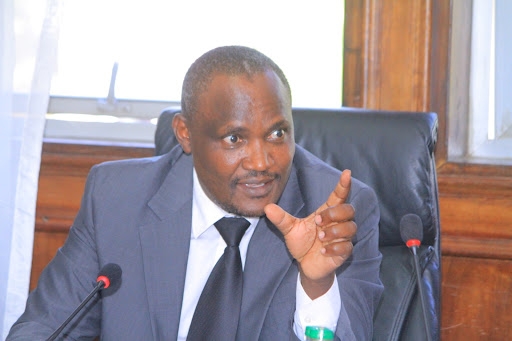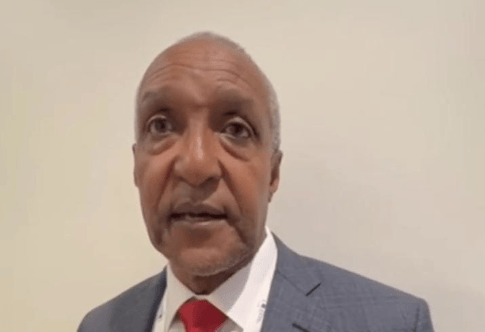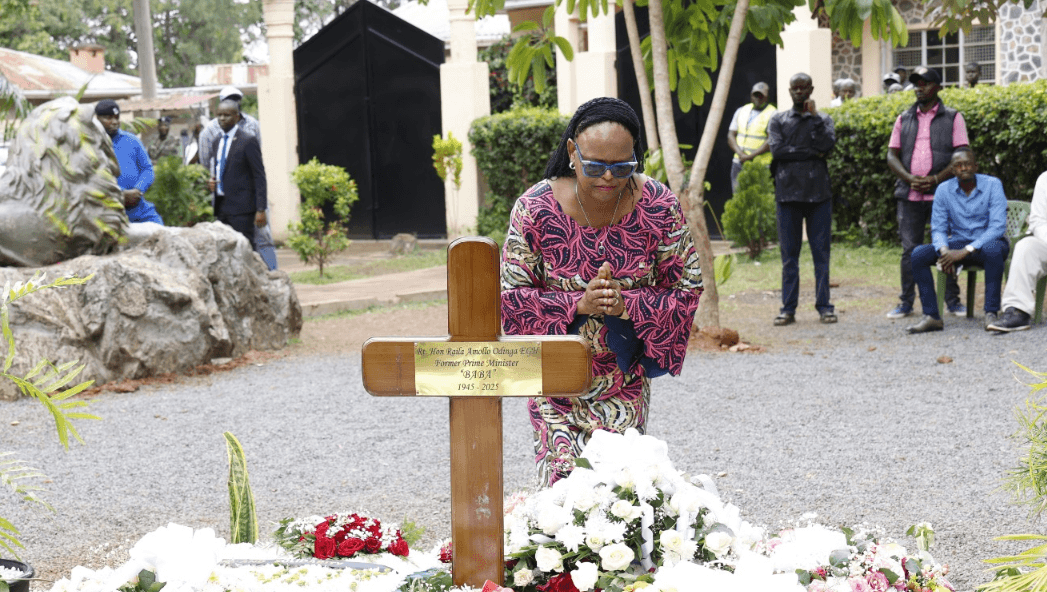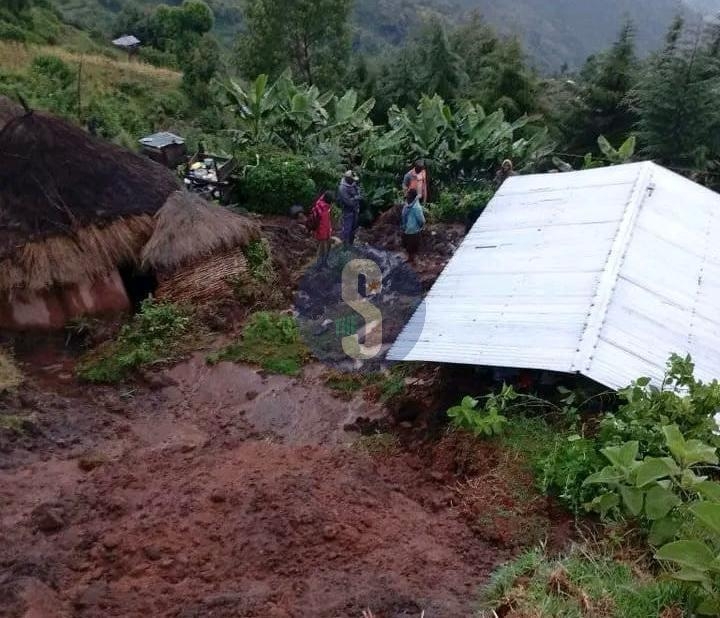As the war in Sudan crosses its first 500 Days, humanitarian organizations decry limited operating spaces and windows to deliver much-needed aid to the people of Sudan.
According to Médecins Sans Frontières (MSF), the warring sides, the Rapid Support Forces (RSF) and the Sudanese Armed Forces (SAF), have imposed heavy restrictions that have restricted their capabilities to reach the affected populations.
This is despite growing medical needs, from catastrophic child malnutrition to widespread disease outbreaks.
“Today, children are dying of malnutrition across Sudan. The help they most urgently need is barely coming and, when it does, it is often blocked,” the MSF Emergency Coordinator in Darfur Tuna Turkmen said.
“In July, for instance, trucks with MSF supplies in two different locations in Darfur were blocked from reaching their destination. Two trucks were held by RSF, and one was seized by unknown armed men.”
MSF noted that since the onset of the war until June 2024, it had treated over 34,751 acutely malnourished children in Sudan.
In North Darfur’s Zamzam camp, MSF’s inpatient therapeutic feeding centres in other areas of Darfur like El Geneina, Nyala and Rokero are also full of patients, as well as refugee camps where MFS operates in eastern Chad.
The MSF Emergency Coordinator for Sudan Claire San Filippo said the situation is also challenging in east and central Sudan.
“In south Khartoum, MSF has been blocked from bringing medical supplies and international staff to hospitals for many months. It is becoming increasingly difficult to provide the medical care our patients need, including maternity and emergency care.”
The humanitarian agency also said other man-made impediments imposed by the warring parties, including lawlessness, insecurity, bureaucratic obstacles, and delayed or denied permissions to reach affected populations, natural impediments are also hampering the movements of humanitarian personnel and supplies.
It said heavy rains have flooded crossing points and washed off critical roads and bridges, including Mornei Bridge in West Darfur, the only lifeline route connecting Central and South Darfur with Chad, from where supplies arrive.
The MSF called on warring parties, and member states with influence over them, to ensure the protection of civilians, health personnel and medical facilities.
The agency called on responsible authorities on both sides of the conflict to simplify the processes granting permissions for humanitarian movements and personnel through all available routes across borders, states, and frontlines.
“MSF tries to fill some of the gaps… but we cannot tackle this huge crisis alone. We are also struggling to get supplies and staff to our projects. In tandem with access, securing sustained funding to UN agencies, as well as local organisations and responders, who are carrying the brunt of this response, is also essential,” Esperanza Santos, MSF Emergency Coordinator in Port Sudan insisted.
“A meaningful response with aid reaching people who need it most must start now. There is no more time to waste.”
Fighting between the RSF and the SAF started from the capital Khartoum on April 15, 2023, and has been raging across multiple parts of the country.
The conflict has left tens of thousands of people killed and injured. Between April 2023 and June 2024, MSF treated 11,985 war-wounded at supported hospitals.
The United Nations says the violence has created the world’s largest displacement crisis, with over 10 million people forced to flee their homes.
Many of them are facing repeated displacement, the UN adds.










![[PHOTOS] Elgeyo Marakwet landslide victims arrive in Eldoret for care](/_next/image?url=https%3A%2F%2Fcdn.radioafrica.digital%2Fimage%2F2025%2F11%2F425460d9-7ff1-4975-8a1f-cd0aaefb7812.jpg&w=3840&q=100)

